Gaza City (CNN) -- A fragile truce between Israel and Hamas appeared to hold amid reports Friday that Israeli troops opened fire in a buffer zone with Gaza, killing at least one Palestinian and wounding 19, Hamas security and health officials said.
The shooting occurred east of Khan Younis, a border city in Gaza, when a group of protesters and farmers approached the 300-meter "no man's land" -- a security buffer between Israel and Gaza, according to Hamas security officials, who spoke on condition of anonymity.
The Israel Defense Forces did not immediately confirm the casualty report, telling CNN it was looking into the report.
The protesters were with farmers who had gone out to check their lands near the buffer zone, the Hamas security officials said.
Killed was 21-year-old Anwar Qandeeh, said Hamas health ministry spokesman Ashraf al-Qidra. The 19 wounded were taken to Nasser Hospital in Gaza City, al-Qidra said.
The IDF, however, said a group of about 300 Palestinians attempted to enter Israel at several locations along the Gaza border. The IDF maintains its soldier acted according to the rules of engagement to distance rioters from the fence that separates Israel and Gaza.
The incident follows another report Thursday that six Palestinians were injured in the same area where they got near the buffer zone fence, al-Qidra said.
The reported shootings comes at a delicate time, with Israel and Hamas holding to the terms of a cease-fire while keeping a wary eye on one another.
At the same time, people in Gaza and portions of southern Israel are trying to return to a semblance of normalcy after an eight-day conflict that left more than 160 people dead and hundreds more wounded.
North of Gaza City, Shadia Abu Khusa surveyed the damage to his family home. The roof was gone, blown off in an airstrike. The facade was cracked.
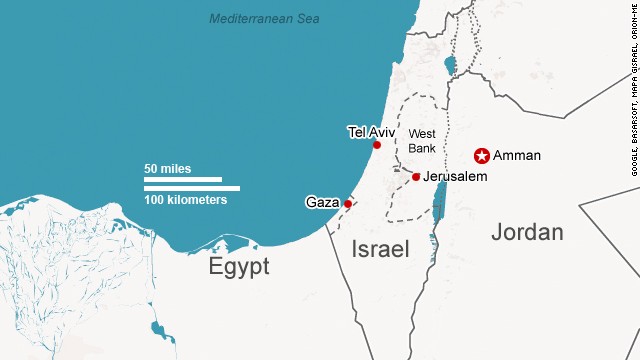 Map: Israel
Map: Israel  Map: Israel
Map: Israel 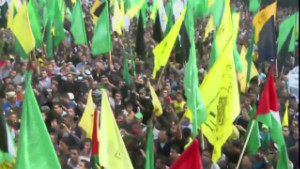 Hope and calm in Gaza after cease-fire
Hope and calm in Gaza after cease-fire 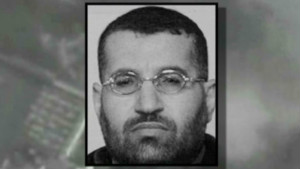 Analyst: Killing Hamas chief was mistake
Analyst: Killing Hamas chief was mistake The family is searching for a place to rent while they repair the damage.
In the meantime, they said, they hope the peace will hold.
"God willing, it will last 100 years, 200 years, for the sake of our children," Abu Khusa said.
Salah and his family hope for the same thing.
When the bombs began falling in Gaza, Salah took his family and fled their home for what he hoped were safer environs.
Now, with the cease-fire taking hold, he packed his car to begin the journey back to Gaza City.
"We hope this is the beginning of a better time," Salah said. "Not a time of war."
Salah's comments followed a day of pronouncements Thursday by the Israeli and Hamas governments, with each side claiming the advantage in the cease-fire.
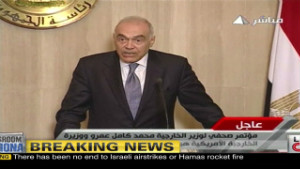 Egypt announces Israel-Hamas cease-fire
Egypt announces Israel-Hamas cease-fire 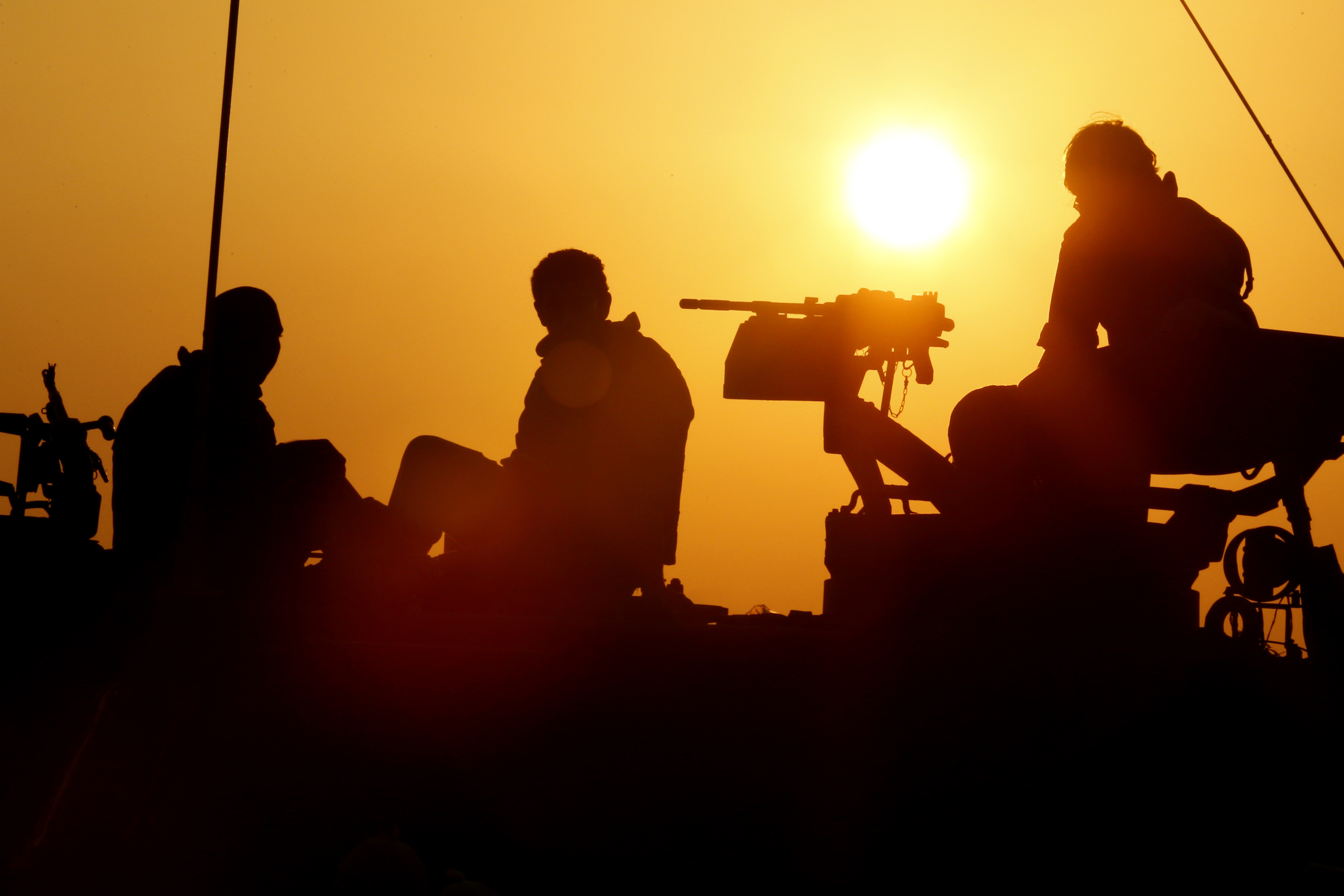 Interactive timeline of the conflict
Interactive timeline of the conflict 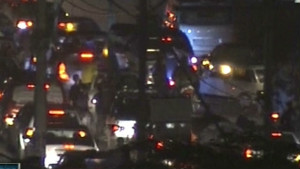 Celebratory gunfire in Gaza
Celebratory gunfire in Gaza As Palestinian fishermen returned to the sea and shopkeepers reopened their shuttered businesses, on the other side of the border Israel began withdrawing troops it had deployed in case of a possible ground invasion.
Near Sderot, an Israeli city near the Gaza border, flatbed trucks were loaded with tanks and armored personnel carriers.
It was not a comforting sign for residents who have lived under the constant fear of militant rocket attacks from Gaza, which were routinely fired at the region long before Israel launched a military campaign in an effort to stop the attacks.
Schools remain closed in portions of southern Israel as a matter of precaution.
"The result is not very desirable, and it's not a cease-fire," one resident told CCTV on Thursday.
The resident, who was not identified, said "shell fire" could be heard in the distance.
"I don't like this result, and I believe the fight will break out again in one or two months."
Another resident told CCTV he was disappointed and angry with the outcome of the Israeli military campaign.
"We should launch ground attacks in Gaza to solve the problem in one stroke. No matter how long it takes. We are actually ready in both troops and morale, but now all the hopes come to nothing," the resident said.
Since the cease-fire was declared, three rockets had been launched from Gaza into Israel, the IDF said Thursday. Two of the three landed in open areas, and Israel's defense system intercepted the third.
The truce negotiated by Egyptian President Mohamed Morsy followed a visit to the region by U.N. Secretary-General Ban Ki-moon, U.S. Secretary of State Hillary Clinton and a series of phone calls from U.S. President Barack Obama to the main players.
It remains unclear if the latest events will lead to a resumption of long-stalled negotiations on a broader peace agreement or serve simply as a respite, as has occurred in the past.
"New dynamics in the Middle East potentially could make this time different," the independent International Crisis Group said Thursday in a report.
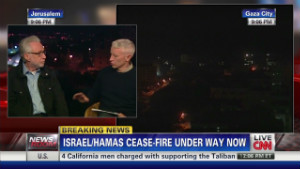 Mideast cease-fire begins
Mideast cease-fire begins 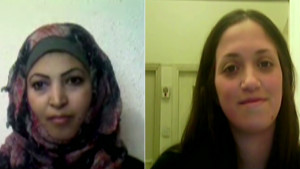 Gaza-Israel civilians talk cease-fire
Gaza-Israel civilians talk cease-fire 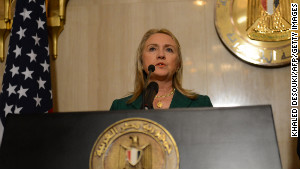 Clinton: Critical time for the region
Clinton: Critical time for the region The report said Morsy's government had demonstrated pragmatism in negotiating the cease-fire and presented Israel and Hamas with the opportunity to reset expectations because it had credibility among Islamists.
"Ultimately, as the dust settles and guns turn silent, much more will be known about the new regional map -- how it works, who sets the rules, how far different parties will go, whether the obstacles continually encountered in the past can be overcome," the report said.
But it minced no words about the victims.
"This short war has been, as President Obama might put it, a teachable moment," it said. "A pity the education came at such a high price. And that, once more, all the wrong people -- the civilians on both sides -- were asked to foot the bill."
{ 0 comments... read them below or add one }
Post a Comment